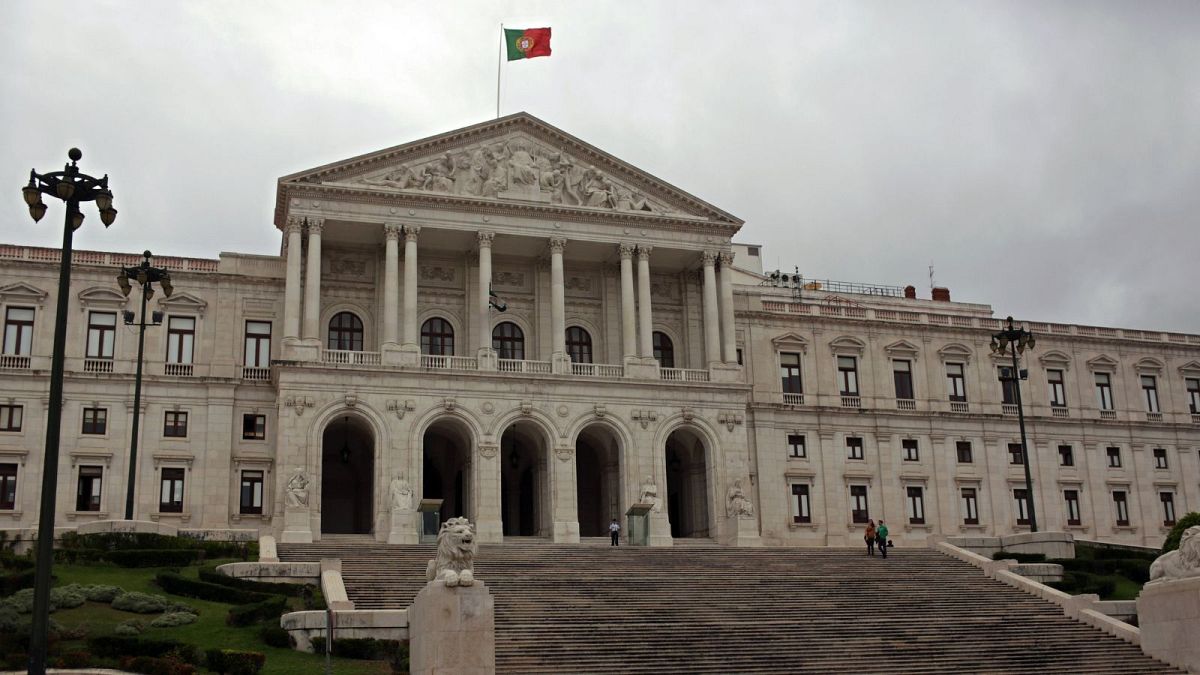The Portuguese Parliament is currently reviewing a proposal to extend fully paid parental leave to six months, up from the current four months, with the possibility of extending 80% pay leave to seven months from five. While the proposal has received preliminary approval, a final vote date has yet to be scheduled. The ruling parties, PSD and CDS-PP, voted against the proposal, arguing that it should be addressed through social consultation. However, opposition parties believe that supporting newborn care and encouraging higher birth rates are crucial.
Maria João Valente Rosa, a demographer and professor at the Faculty of Social and Human Sciences at Universidade Nova de Lisboa, emphasized the importance of providing support for parents to be present in the early stages of their child’s life. She also noted that, to see immediate increases in birth rates, immigration may be necessary due to a 60% drop in birth rates over six decades. The proposal is viewed as a valuable aid for balancing work and family life rather than a direct solution to the declining birth rate in Portugal.
Daniela Costa, a mother of two currently on leave at 80% of her salary, expressed the benefits of a flexible work schedule, allowing her to spend quality time with her daughters without compromising her household finances. While she may not benefit from the extension, she believes that offering support to both mothers and fathers to spend more time with their young children is essential. The proposal for extended parental leave is not included in the 2025 State Budget, as the government estimates an additional 230 million euros in costs, raising total expenditures for parental leave to 630 million euros.
Despite the proposal not being included in the State Budget for 2025, discussions in the parliamentary committee will continue. The measure is seen as a significant step towards helping parents navigate work and family life, providing them with the opportunity to bond with their children during crucial early stages. While the ruling parties are hesitant about the proposal, opposition parties are in favor of supporting newborn care and increasing birth rates in Portugal through extended parental leave benefits.
Overall, the proposal to extend parental leave benefits in Portugal is currently under parliamentary review, with discussions ongoing about the potential impact on birth rates and household finances. While the ruling parties have reservations about the proposal, opposition parties believe in the importance of supporting parents and newborns through extended fully paid leave. With the ongoing debate over the State Budget and the potential costs involved, the final decision on the extension of parental leave benefits will be crucial in shaping the future of family policy in Portugal.










